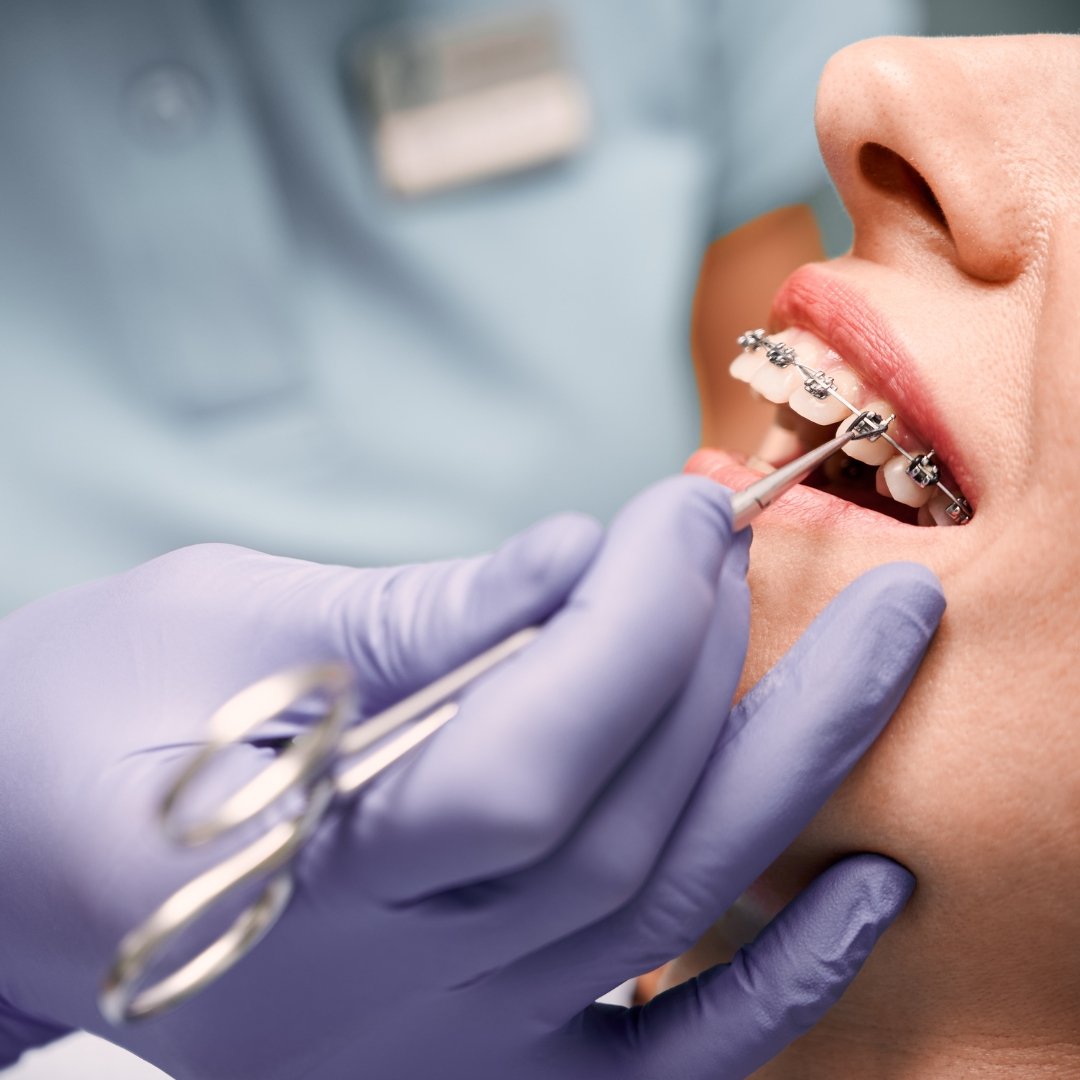When it comes to replacing missing teeth, denture implants are becoming an increasingly popular option for many people. They combine the benefits of traditional dentures with the added security and stability of dental implants. If you’re considering tooth replacement options, denture implants might be the solution you’ve been looking for. This blog will explain what denture implants are, how they work, and why they are a modern solution to tooth loss.
What Are Denture Implants?
Denture implants are a hybrid solution designed for people who need full or partial dentures but want more stability than traditional removable dentures provide. These implants involve the placement of small titanium posts into the jawbone, which serve as the foundation for attaching dentures. Unlike conventional dentures that rest on the gums and are held in place by suction or adhesive, denture implants are anchored securely to the bone, providing a more natural feel and function.
The process of getting denture implants begins with a consultation, where your dentist will assess the health of your gums and jawbone. If your jawbone is strong enough, the dentist will place titanium implants into the bone. Over time, these implants fuse with the bone in a process called osseointegration, creating a strong base for the dentures. Once the implants have integrated with the bone, custom dentures are attached, restoring the appearance and function of your teeth.
Benefits of Denture Implants
There are several advantages to choosing denture implants over traditional dentures. Here’s why they might be the ideal choice for you:
1. Increased Stability
One of the most significant advantages of denture implants is their stability. Traditional dentures can slip, shift, or even fall out, especially when eating or speaking. With denture implants, the dentures are securely attached to the implants, eliminating the discomfort and inconvenience of traditional dentures.
2. Improved Comfort
Because denture implants are anchored directly into the jawbone, they provide a level of comfort that traditional dentures cannot match. The implants prevent the dentures from irritating the gums, which can sometimes happen with removable dentures. Additionally, the support from the implants reduces the pressure on the gums and soft tissues, resulting in a more comfortable fit.
3. Better Functionality
With denture implants, patients can enjoy the ability to eat a wider range of foods without worrying about their dentures slipping or causing discomfort. Implants provide a more natural chewing experience, which can enhance your overall quality of life.
4. Preservation of Jawbone Health
When teeth are lost, the underlying jawbone can begin to deteriorate due to lack of stimulation. Denture implants help prevent bone loss by providing stimulation to the jawbone, which is similar to the stimulation provided by natural tooth roots. This helps maintain the structure of the jawbone and prevents the sunken facial appearance that often accompanies tooth loss.
The Process of Getting Denture Implants
The procedure for denture implants typically involves several steps, beginning with an initial consultation with your dentist. Here’s a general outline of what you can expect during the process:
1. Initial Consultation and Assessment
During the first visit, your dentist will evaluate your oral health to determine whether you’re a good candidate for denture implants. They may take X-rays or 3D scans to examine the condition of your jawbone and gums. If necessary, bone grafting can be performed to ensure the jawbone is strong enough to support the implants.
2. Placement of Implants
Once your dentist determines you’re ready for the procedure, they will place the titanium implants into the jawbone. The procedure is typically done under local anaesthesia, and the implants are placed during a minor surgical procedure.
3. Healing and Osseointegration
After the implants are placed, they will need time to fuse with the jawbone through osseointegration. This process can take several months, during which the implants become securely anchored to the bone.
4. Attachment of Dentures
Once the implants have fully integrated with the bone, custom dentures are attached to the implants. These dentures are designed to match the size, shape, and colour of your natural teeth, creating a seamless and natural-looking smile.
Aftercare for Denture Implants
Taking care of your denture implants is crucial to ensure their longevity and functionality. Here are a few key aftercare tips:
1. Practice Good Oral Hygiene
Even though the dentures are securely attached to the implants, it’s still essential to clean them regularly. Brush your dentures and gums daily to remove plaque and bacteria. You should also floss around the implants to maintain good oral hygiene.
2. Regular Dental Check-Ups
Visit your dentist regularly to monitor the health of your implants and ensure they are functioning properly. Your dentist will check for signs of infection or implant failure and make any necessary adjustments.
3. Avoid Hard Foods
For the first few weeks after getting denture implants, it’s important to avoid hard or sticky foods that could damage the implants or cause discomfort. Once your implants have fully integrated and your dentures are in place, you can gradually return to a normal diet.
In summary, denture implants are a modern, stable, and comfortable solution for replacing missing teeth. With benefits such as increased stability, better functionality, and preservation of jawbone health, they offer significant advantages over traditional dentures. If you’re considering denture implants, consult with an experienced dentist to see if this option is right for you.
Read More Here











Leave a Reply